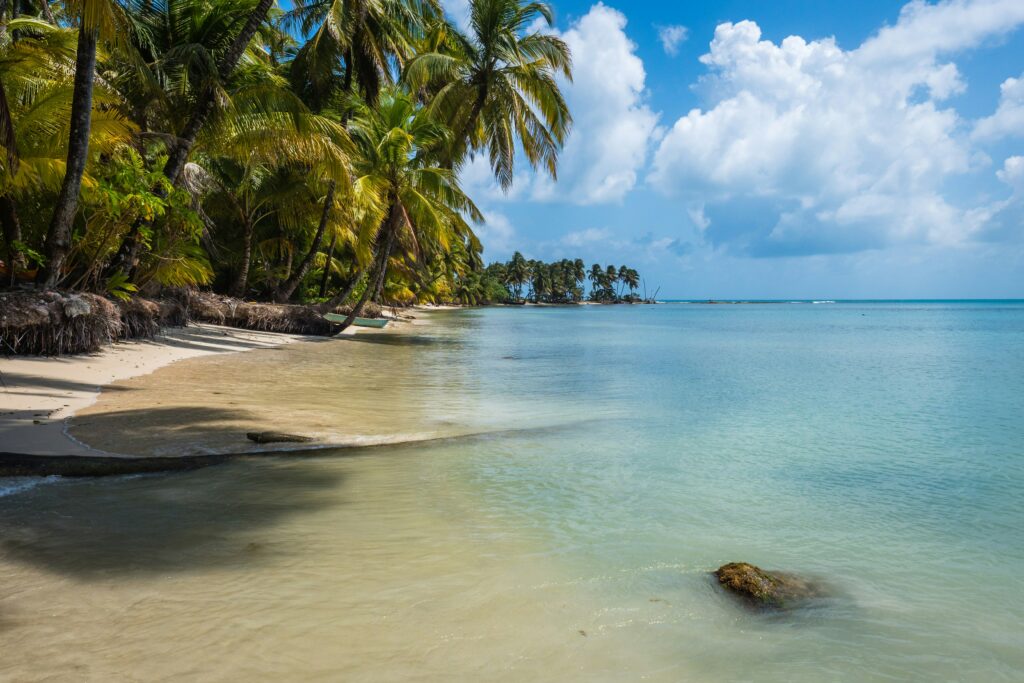
Nicaragua, with its breathtaking landscapes and vibrant culture, is a haven for adventurous travelers. But before you pack your bags and book that flight, it’s important to be aware of some health risks that could put a damper on your much-anticipated trip. Knowing what to expect and how to prepare can make all the difference between an unforgettable journey and a vacation filled with worries. Here’s what you need to know to navigate your adventure in Nicaragua safely.
Understanding the Health Landscape
Nicaragua offers everything from volcano hiking to beautiful beaches, but with these experiences come certain health risks. Are they alarming? Not necessarily, but awareness is essential. Think of it as scouting a path before you set foot on it. Here’s a breakdown of the most common health concerns tourists might face.
1. Mosquito-Borne Diseases
Like many tropical locations, Nicaragua is home to mosquitoes that can transmit diseases like dengue fever, Zika virus, and chikungunya. These illnesses can range from mild to serious, so it’s vital to take precautions.
- Preventative Measures: Use insect repellent containing DEET, wear long sleeves and pants, and consider staying in accommodations with air conditioning or screens on windows.
- Travel Insurance: Make sure your travel insurance covers mosquito-borne illnesses and emergency medical evacuation, just in case.
2. Water and Food Safety
While the local cuisine is a highlight, it can also pose health risks if you’re not careful. Contaminated water and undercooked food can lead to stomach issues or even severe illnesses like typhoid fever.
- Stay Hydrated: Drink bottled or boiled water only. It’s a good rule of thumb to always check the seal on bottled drinks before consuming.
- Eat Smart: Enjoy street food, but only from vendors that appear busy (a sign of fresh food). Cooked food is generally safe, but be cautious with salads or anything that may have been washed in local water.
Sun Exposure and Heat Related Illnesses
When you’re touring the picturesque landscapes, soaking up the sun can be a double-edged sword. The heat can escalate quickly, particularly in tropical regions.
3. Sunburn and Heat Stroke
Spending days outdoors without proper precautions can lead to sunburn or even heat-related illnesses like heat exhaustion and heat stroke. It’s easy to underestimate the sun while you’re enjoying your adventure.
- Sun Protection: Wear sunscreen with at least SPF 30, reapply every two hours, and don’t forget your sunglasses and hat!
- Stay Cool: Take breaks in the shade, hydrate, and if you start feeling dizzy or unusually fatigued, listen to your body.
Access to Medical Services
In case health emergencies arise, it’s good to know what medical services are available.
4. Medical Facilities
While major cities like Managua have hospitals that can handle emergencies, rural areas may lack advanced medical services. Always have a plan for where you would go if you needed help.
- Research Local Clinics: Before you travel, look up the nearest clinics and hospitals to where you’ll be staying. Knowing your options helps you prepare for any situation.
- Pack a First Aid Kit: Include basic medications, band-aids, and any personal prescriptions. Familiarize yourself with common ailments to treat minor issues on the spot.
Altitude Sickness
If you plan to explore regions like León or visit the highlands, altitude sickness may be a concern, especially if you’re not acclimatized to higher elevations.
5. Recognizing Symptoms
Symptoms like headache, nausea, or dizziness can creep up on you as you ascend. It’s important to be aware of these signs.
- Take it Easy: Allow yourself time to adjust. Stay hydrated and consider lower elevation hikes before tackling the heights.
- Know When to Descend: If symptoms worsen, don’t hesitate to return to lower altitudes.
Travel Vaccinations
Before you fly off to Nicaragua, it’s advisable to consult with your healthcare provider about necessary vaccinations. Some might be required or recommended depending on your itinerary.
6. Recommended Vaccines
Common vaccines for travelers to Nicaragua include hepatitis A, typhoid, and rabies (especially if you plan on engaging with animals).
- Schedule Ahead: Vaccinations typically require time to take effect, so aim to consult your doctor at least 4-6 weeks before your trip.
- Keep Records: Carry a copy of your vaccination records in case they’re needed at border crossings.
Managing Personal Health
Don’t forget about your personal health needs while you explore. Things like allergies or chronic conditions can still pose a challenge even in paradise.
7. Bring Your Medications
If you take any routine medications, make sure to bring enough for your trip. It can be difficult to find specific prescriptions in another country.
- Double-Up: Pack extra doses in case of delays or unexpected changes.
- Know Local Pharmacies: Familiarize yourself with a nearby pharmacy in case you need to refill or buy anything over-the-counter.
Final Thoughts
Nicaragua is a treasure waiting to be explored, but a little bit of foresight can make all the difference in ensuring a joyful and smooth experience. Whether you’re hiking volcanoes, lounging on the beach, or absorbing the local culture, keeping these health considerations in mind can help you focus on what truly matters — enjoying your adventure. Remember, the aim is to create memories that you’ll cherish, not stories you’ll want to forget!
Want to learn more about travel health tips? Check out this health guide for travelers for more insights and useful information.
**Related Reading:** – [Related: How to Plan a Solo Trip on a Budget] – [Related: Top Destinations for First-Time Solo Travelers] **#SoloTravel #Essential #Health #Risks #Tourists #Nicaragua #Ultimate #Guide #WorryFree #Adventure**
